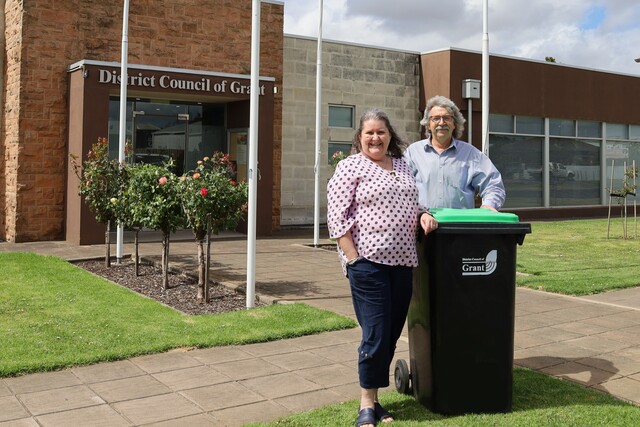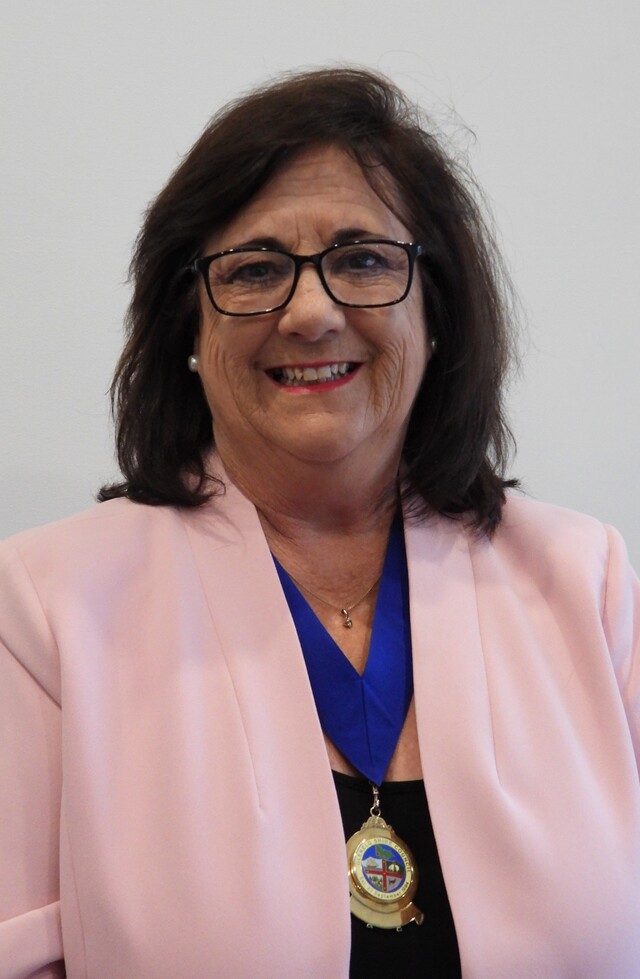Assistant Minister for Health Meegan Fitzharris on Wednesday met clinicians and community organisations ahead of World Hepatitis Day to highlight progress in the Australian Capital Territory (ACT) around improving access to treatment services.
Thursday 28 July was World Hepatitis Day and this year’s theme of ‘elimination’, provided an opportunity to highlight the new range of breakthrough medicines recently listed on the Pharmaceutical Benefits Scheme (PBS) to treat hepatitis C.
Minister Fitzharris said, “World Hepatitis Day is an opportunity to raise awareness in our community about the prevalence of viral hepatitis and the new ways we are preventing and treating this disease in our community.
“Since six new hepatitis C treatments were made available through the PBS earlier this year, local health providers have been able to offer those living with hepatitis C a treatment that is less toxic, faster, more effective, simpler and more affordable.
“These new treatments are providing better health outcomes and greater flexibility as they are now accessible through GPs.
“In fact, four months after PBS-listing, it is estimated that up to 14 percent of the estimated 3,650 people living with hepatitis C in the ACT have begun treatment. This is compared to less than 70 people in 2015.
“A large part of this is due to the great work of local GPs, who are helping to reduce the stigma and break down barriers so people can receive treatment.”
Minister Fitzharris said World Hepatitis Day also gives the community the opportunity to talk about access to services for hepatitis B, C, HIV and other sexually transmissible infections (STIs).
“In June 2016 I released the ACT Statement of Priorities, a localised response to the National Strategies for reducing infection rates and stigma associated with blood borne viruses. This written commitment is a plan to achieve measureable results against goals and targets agreed upon at a national level.
The framework is supported by $1.3 million over four years in the 2016-17 ACT Budget to improve access to sexual health services and blood borne virus vaccination, testing and treatment services for the most vulnerable Canberrans and those at risk of infection.








